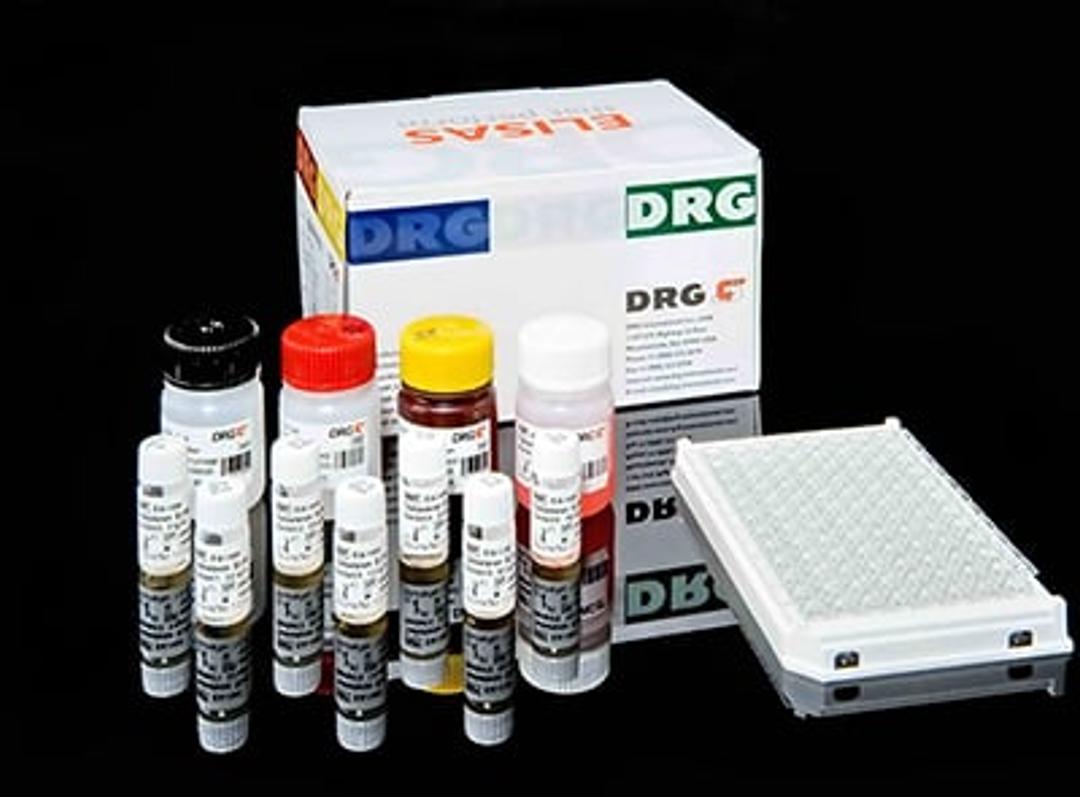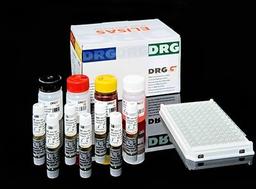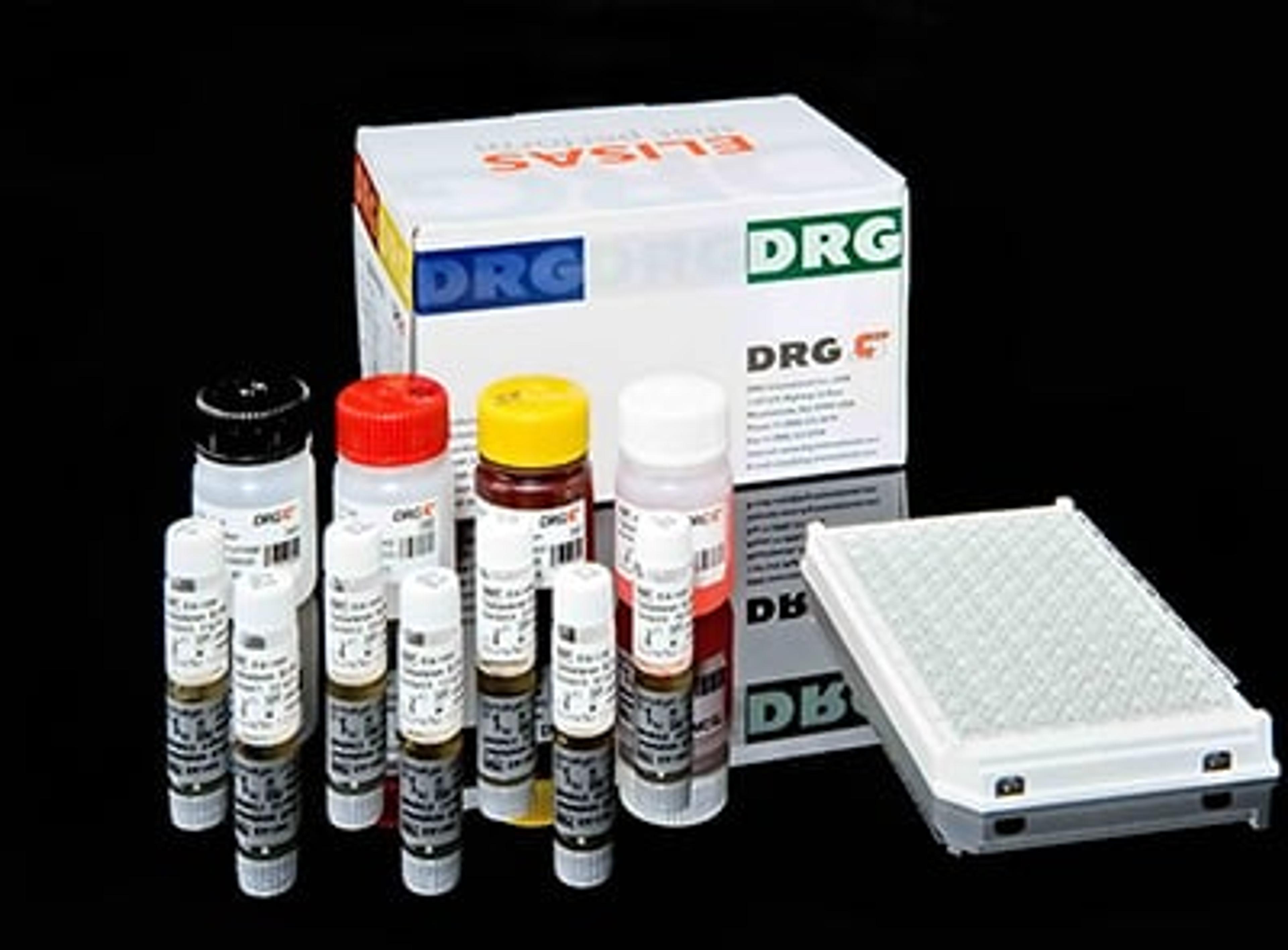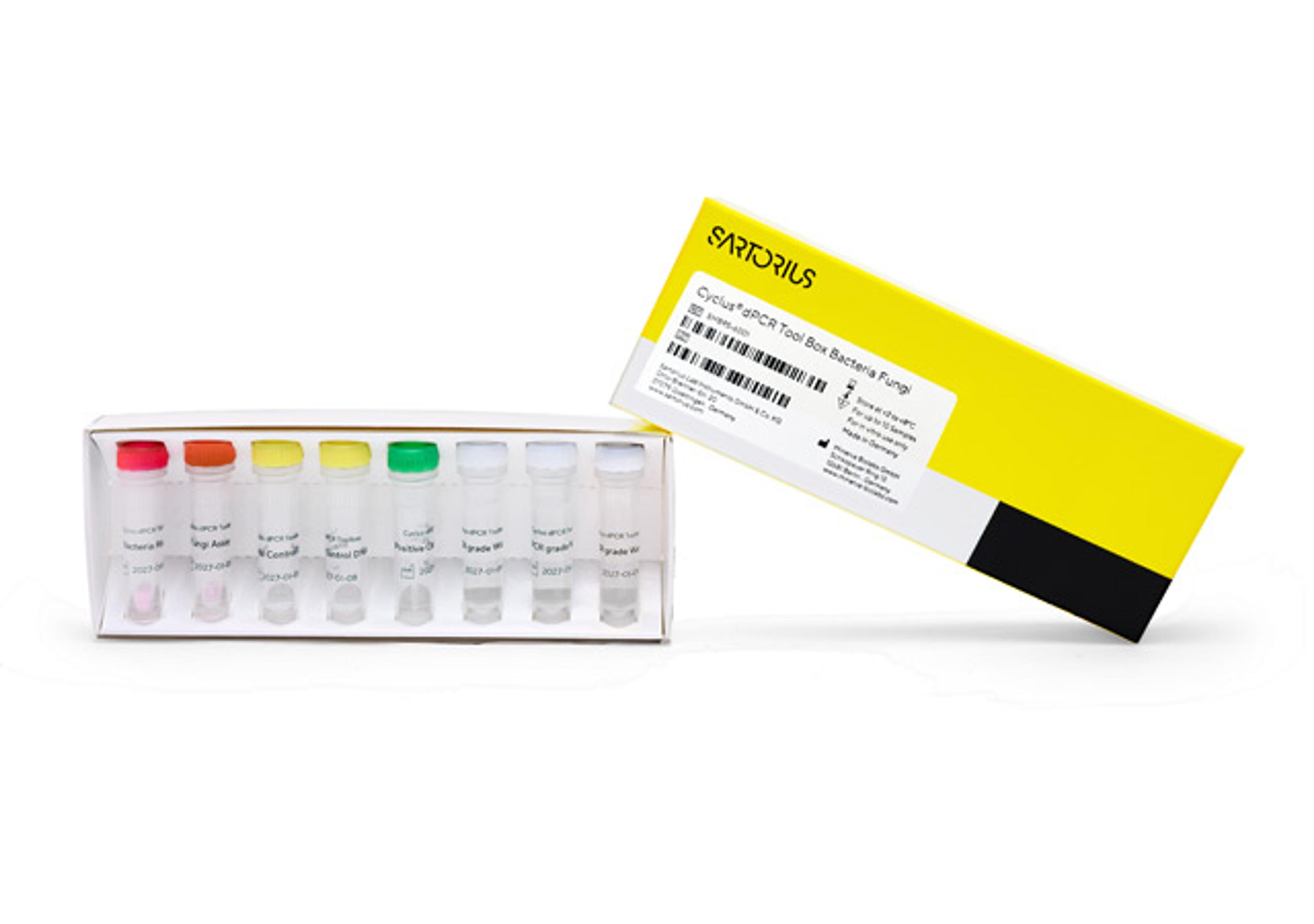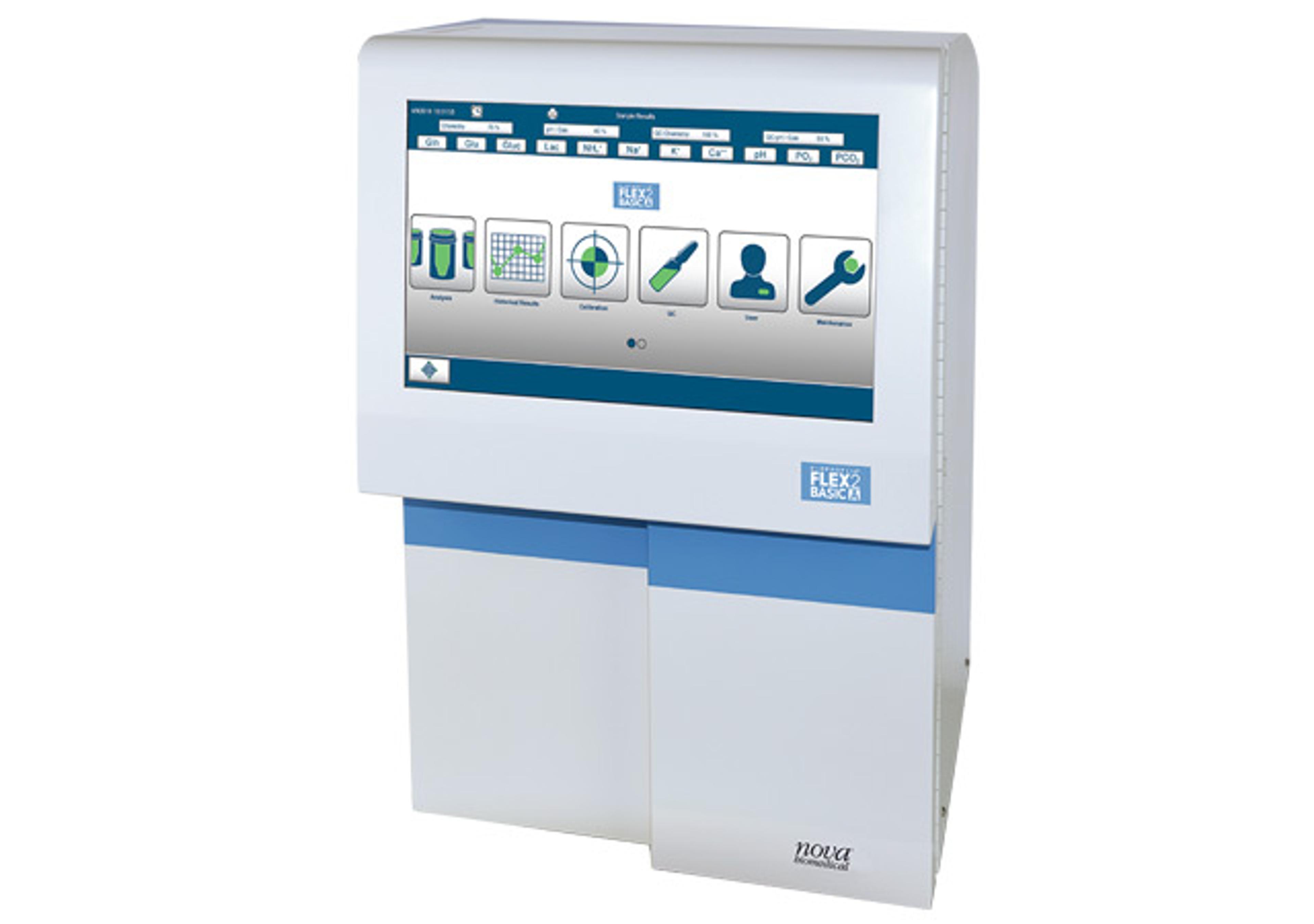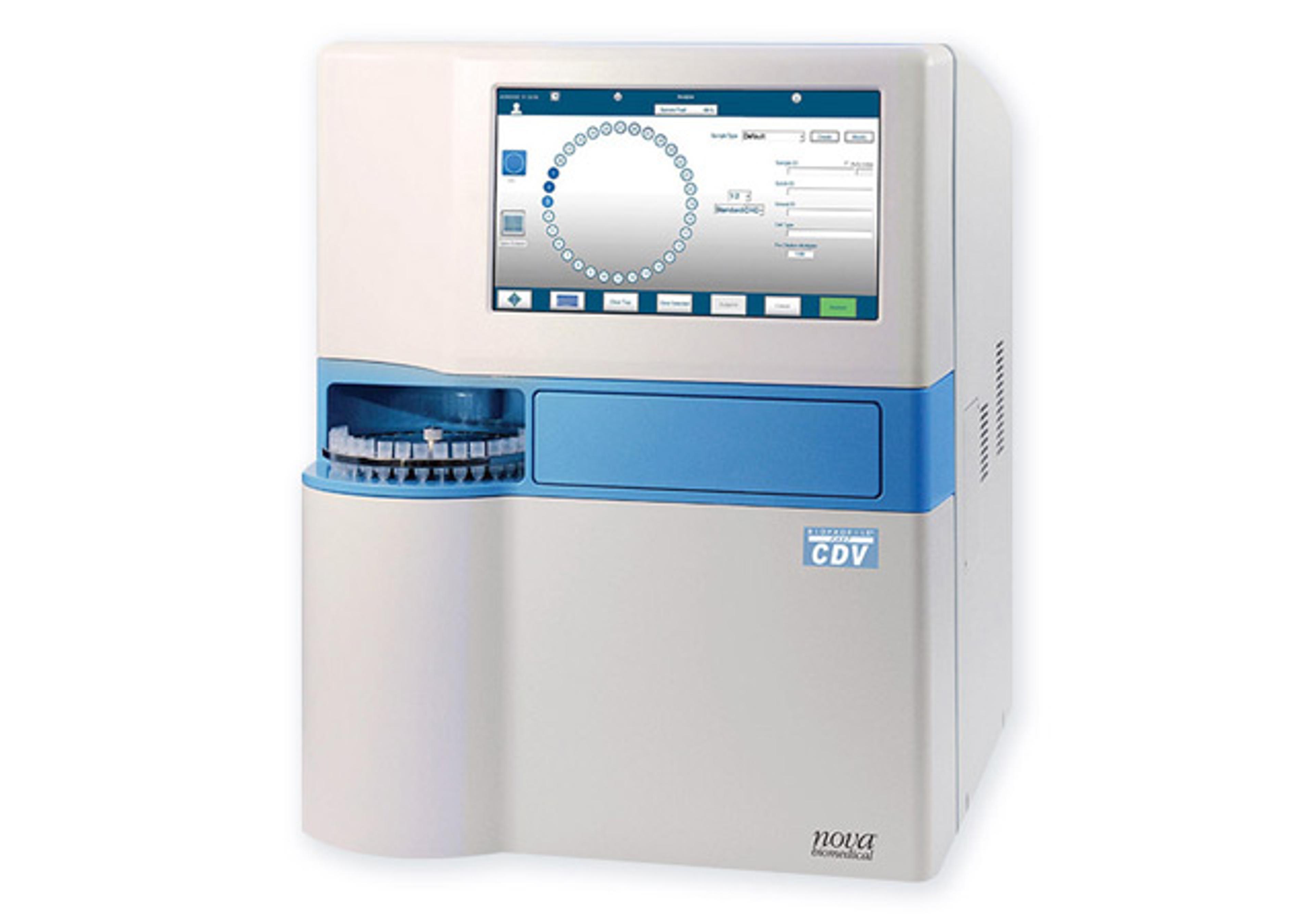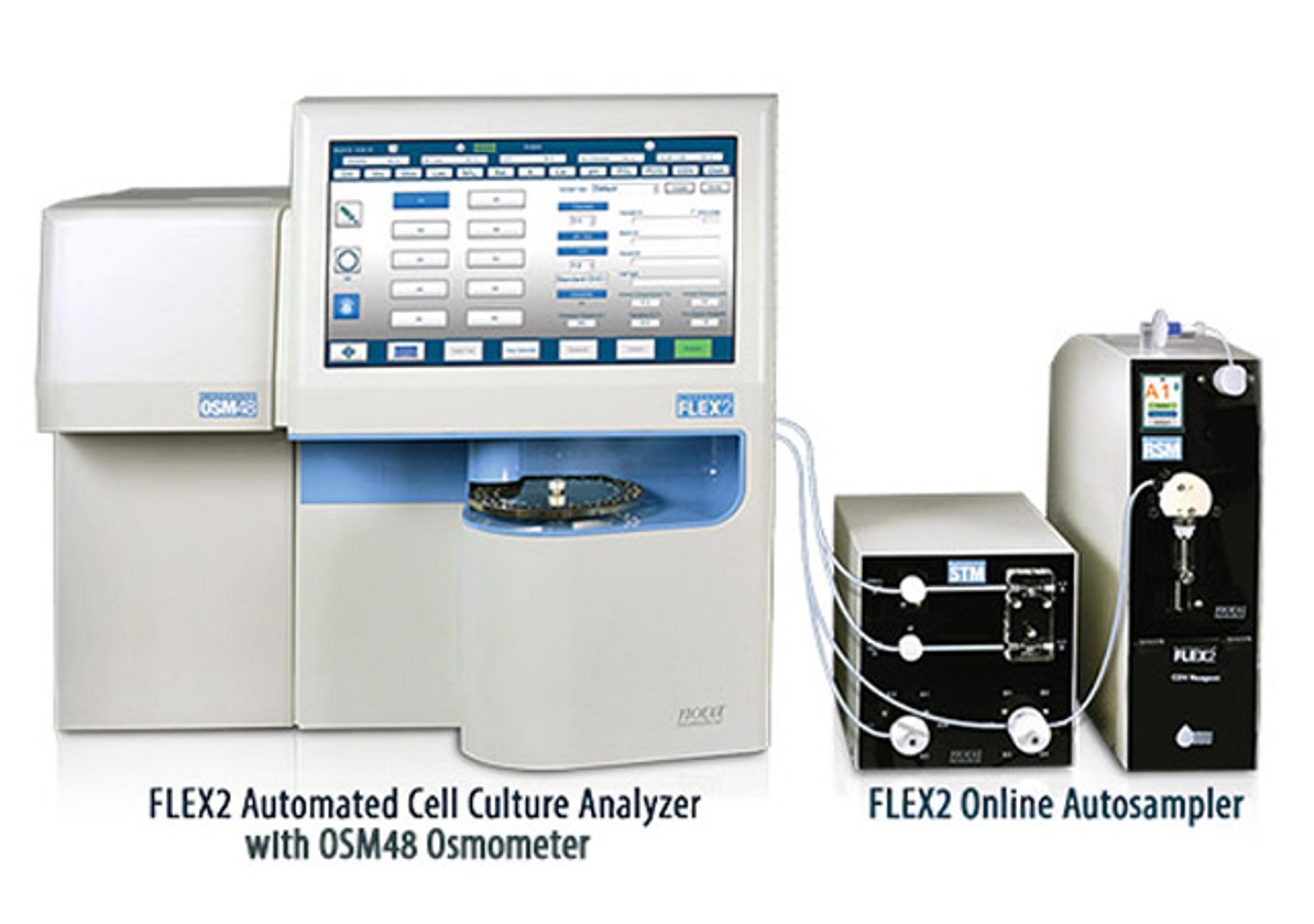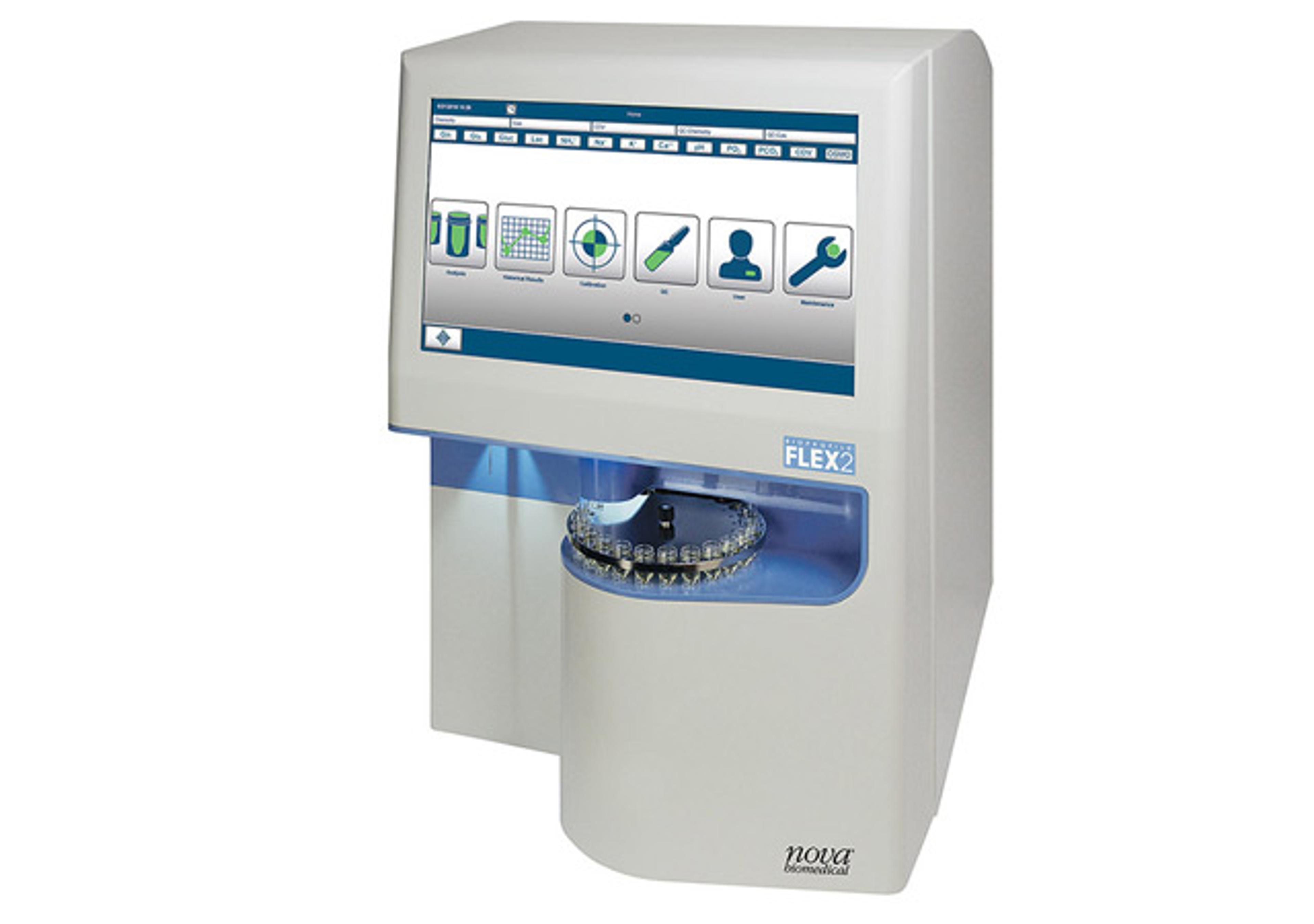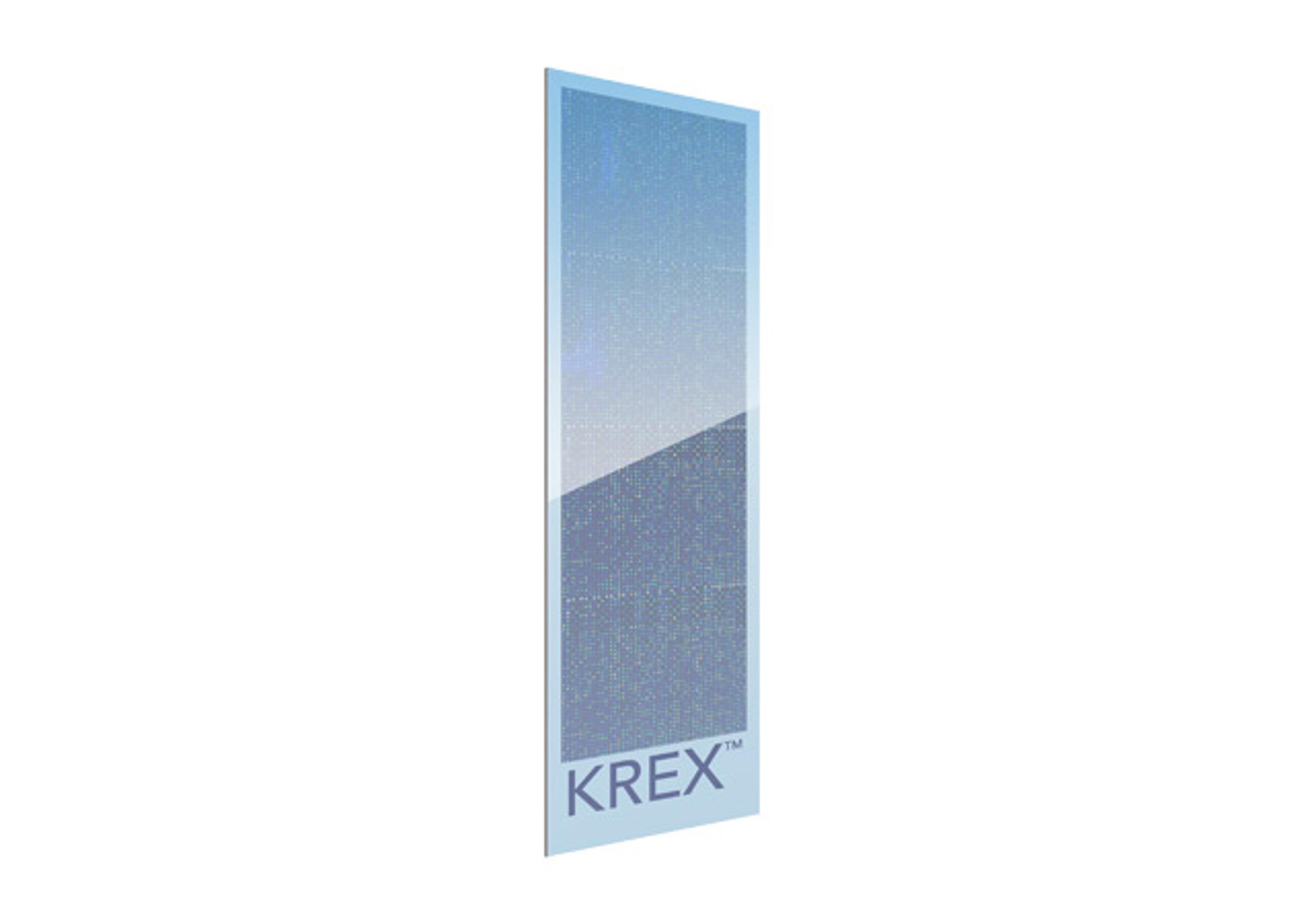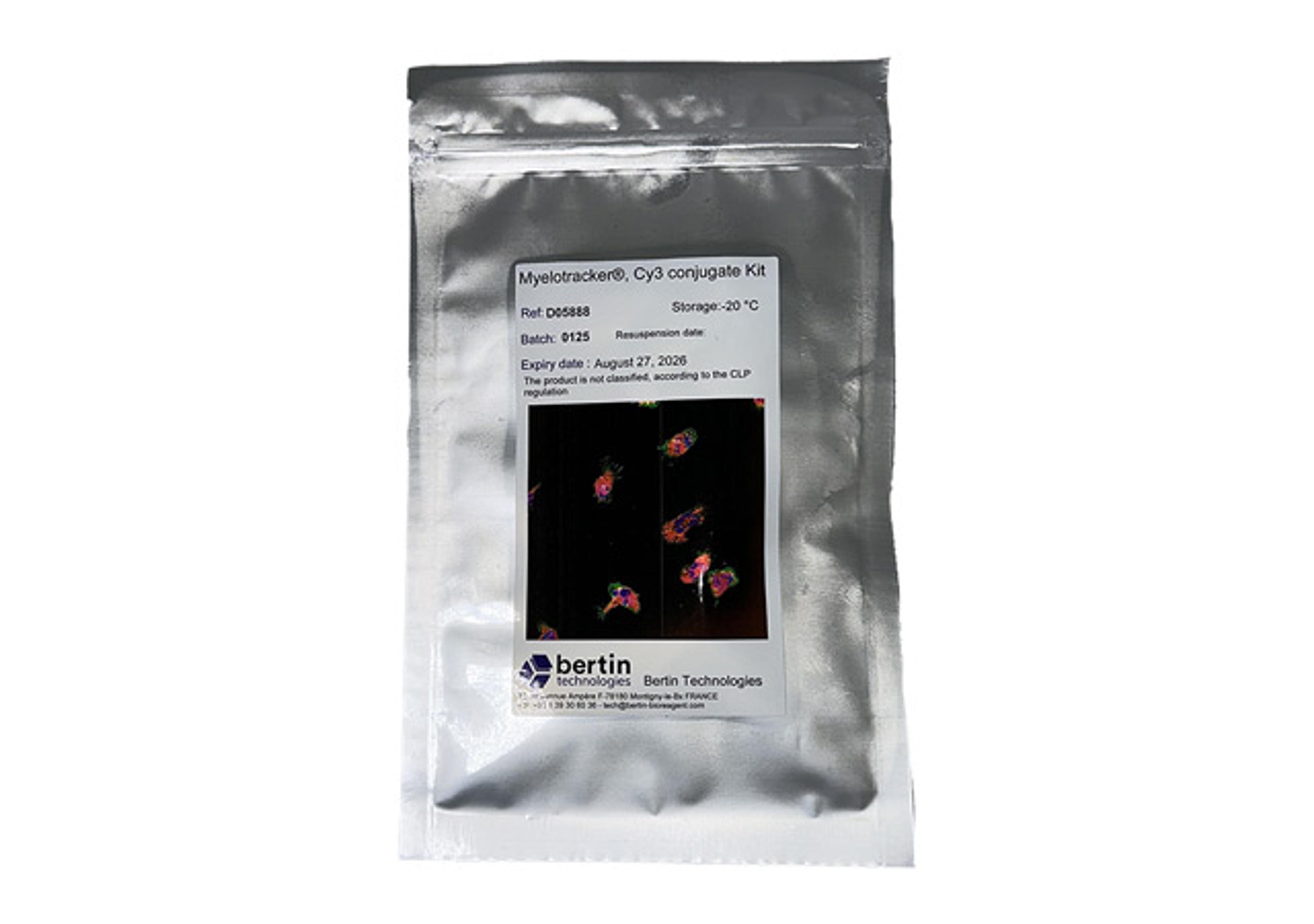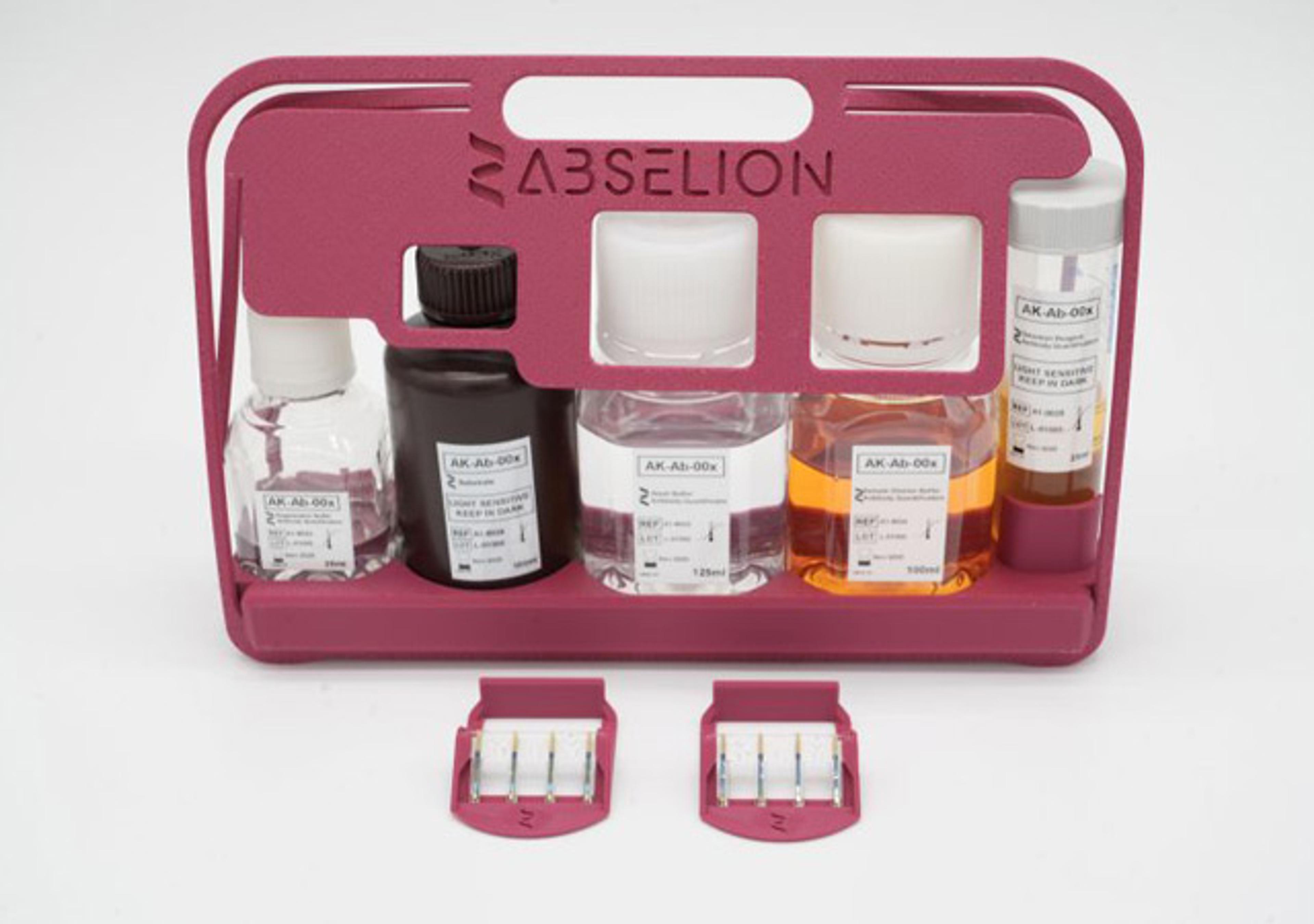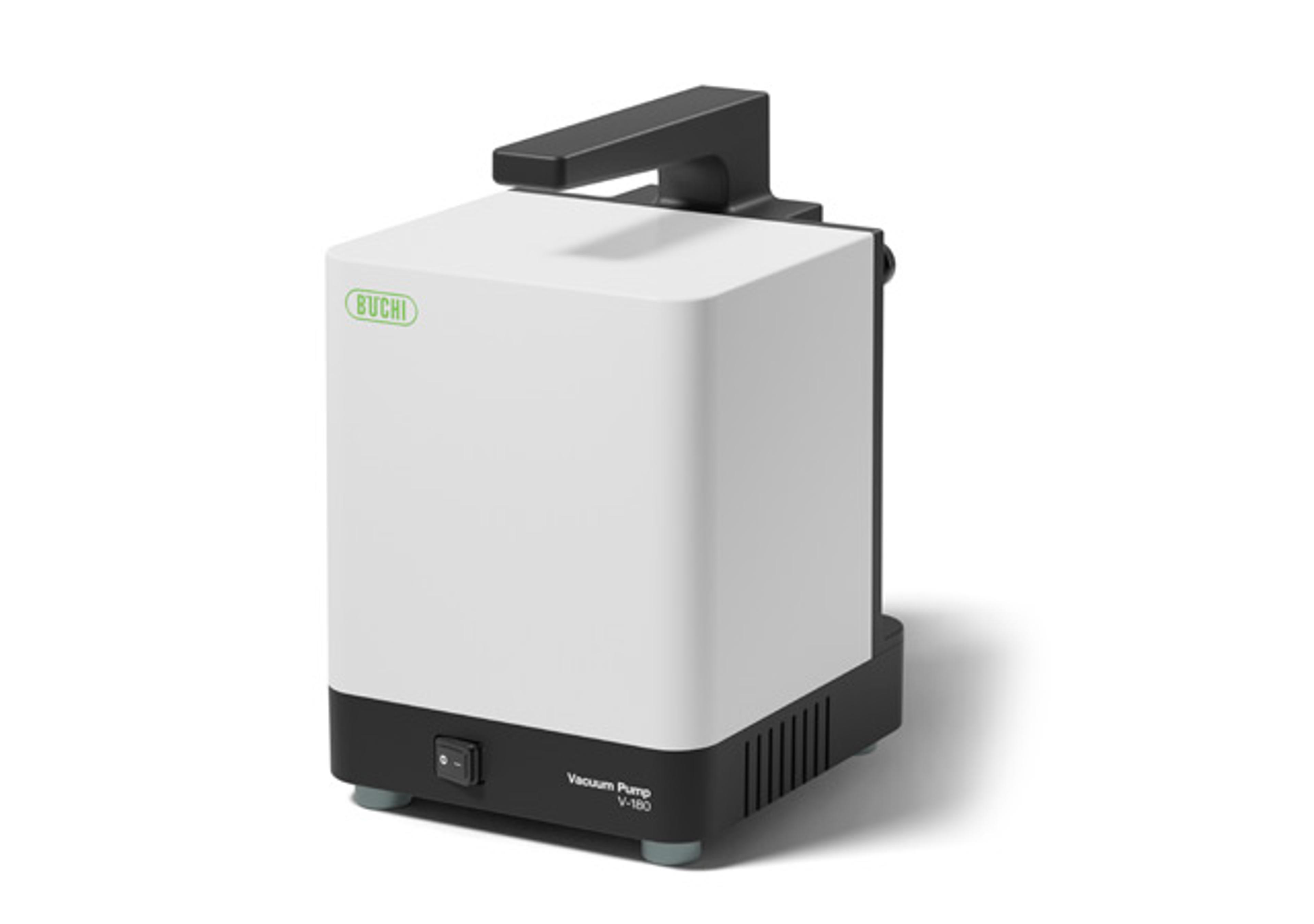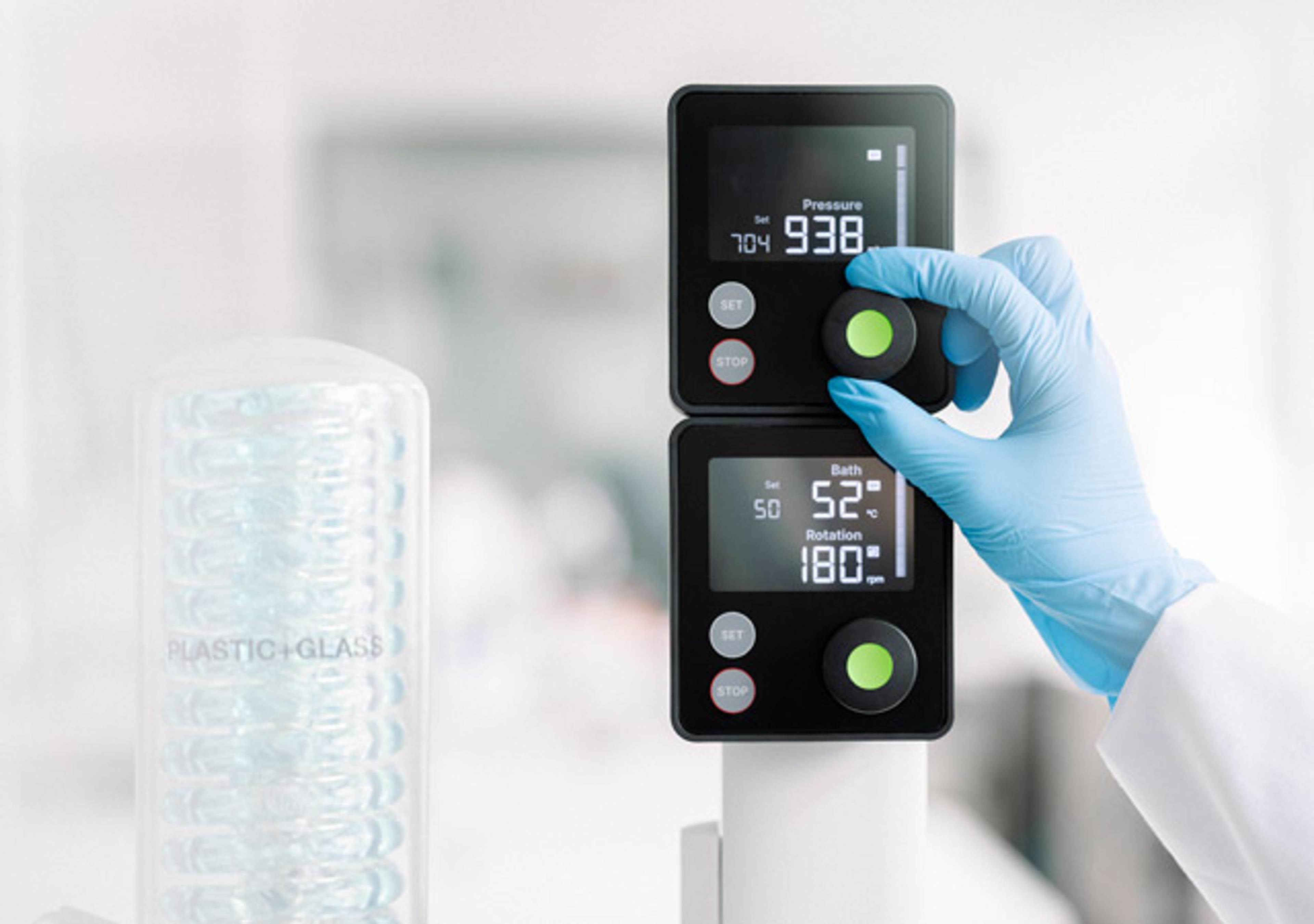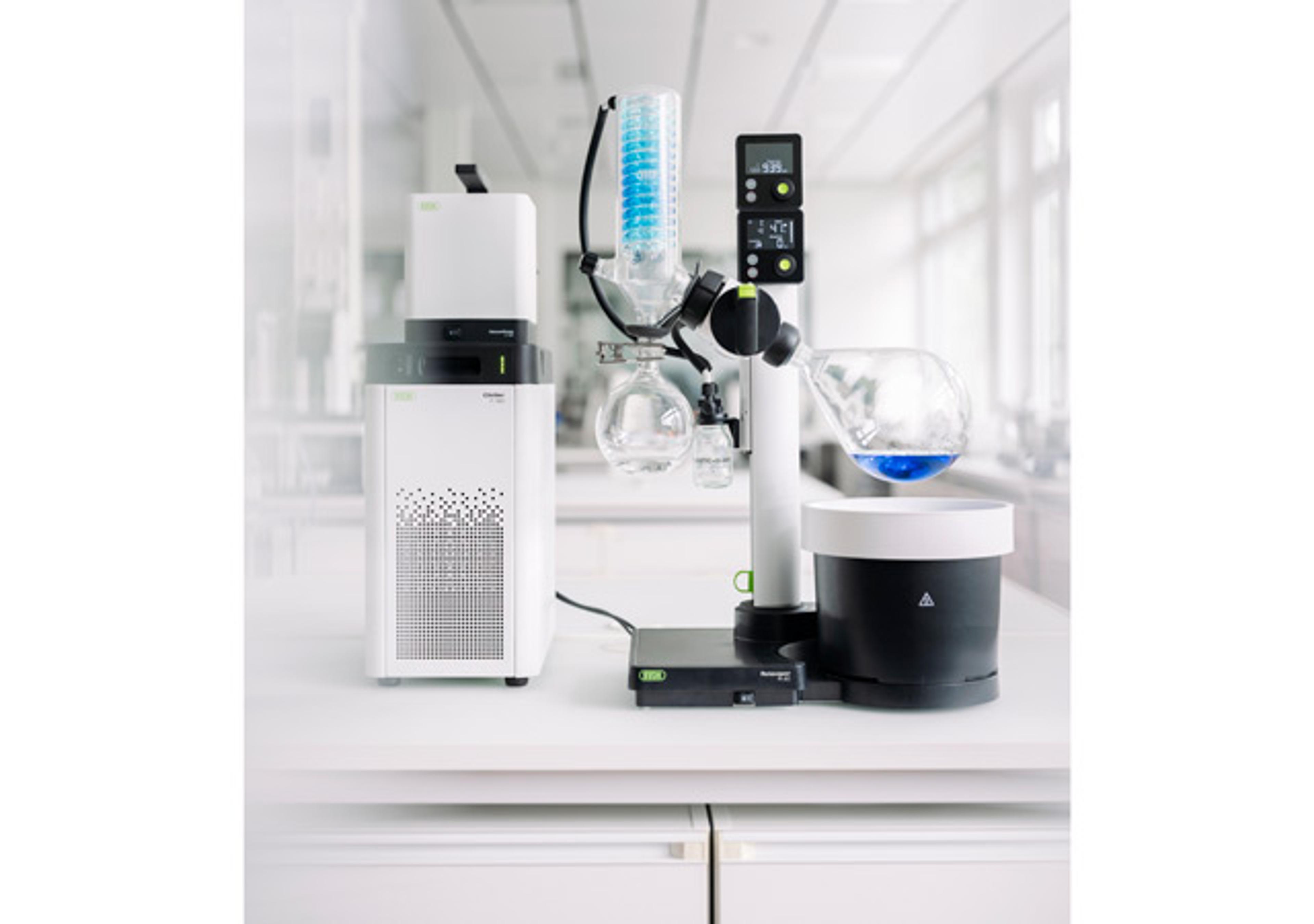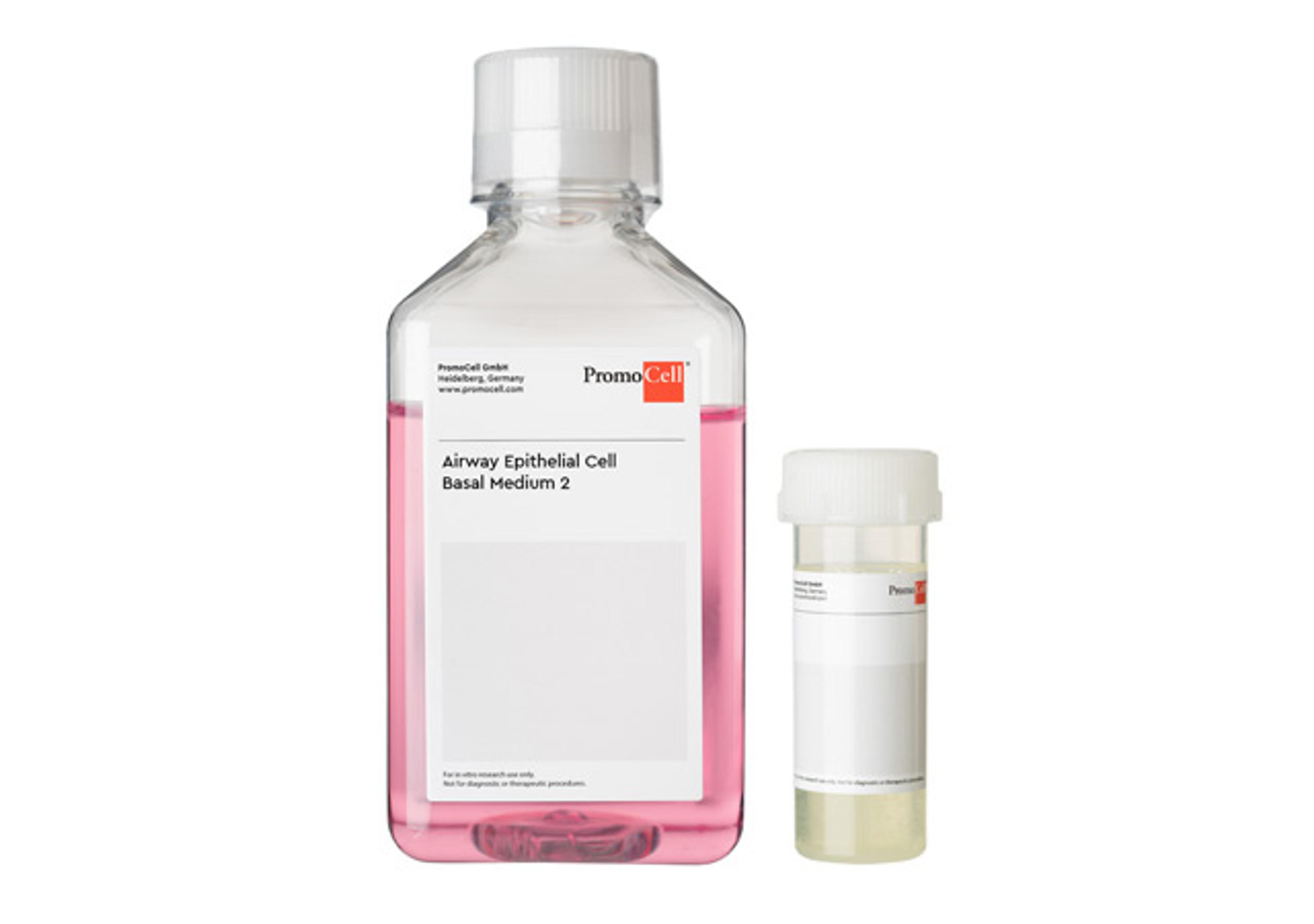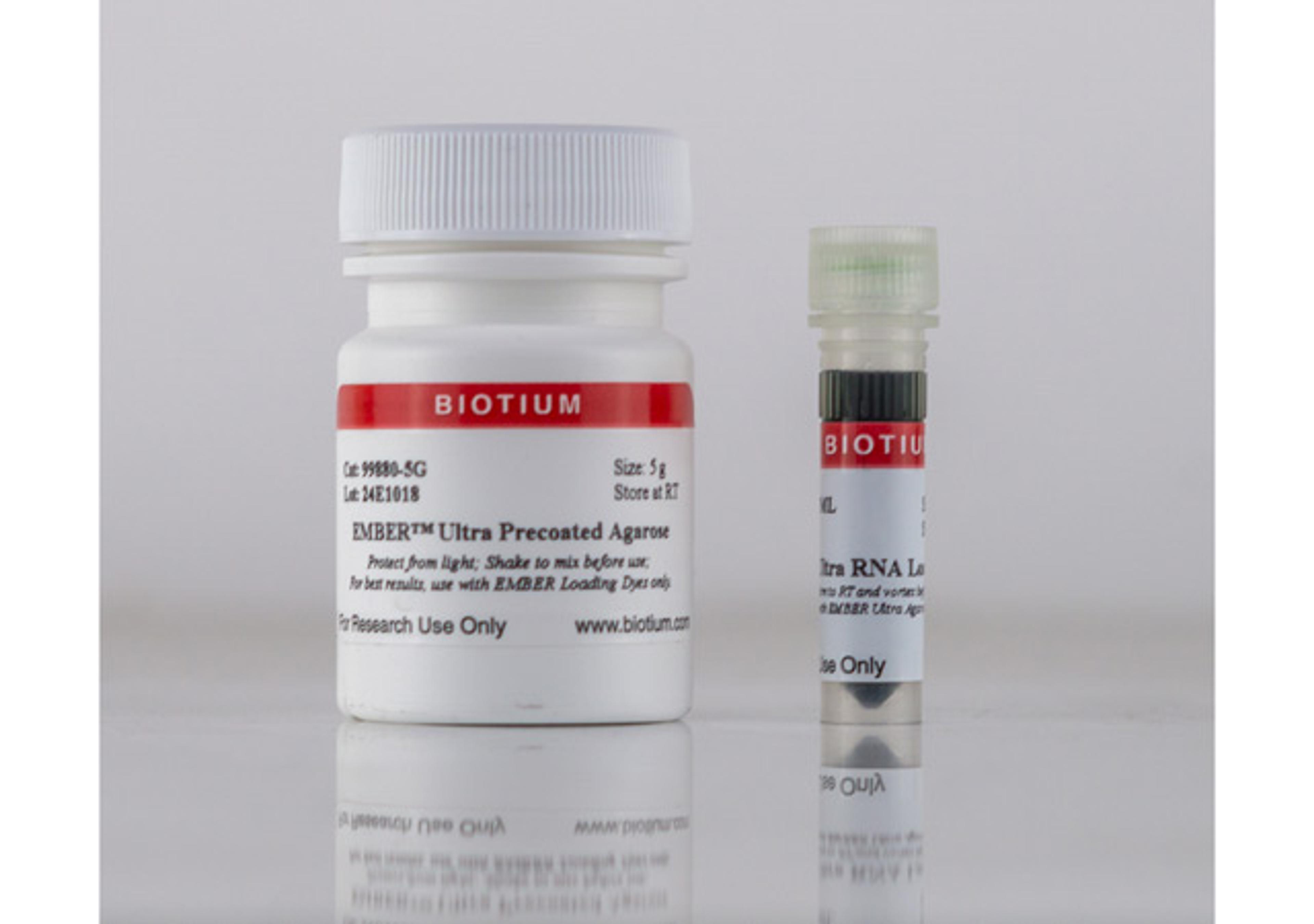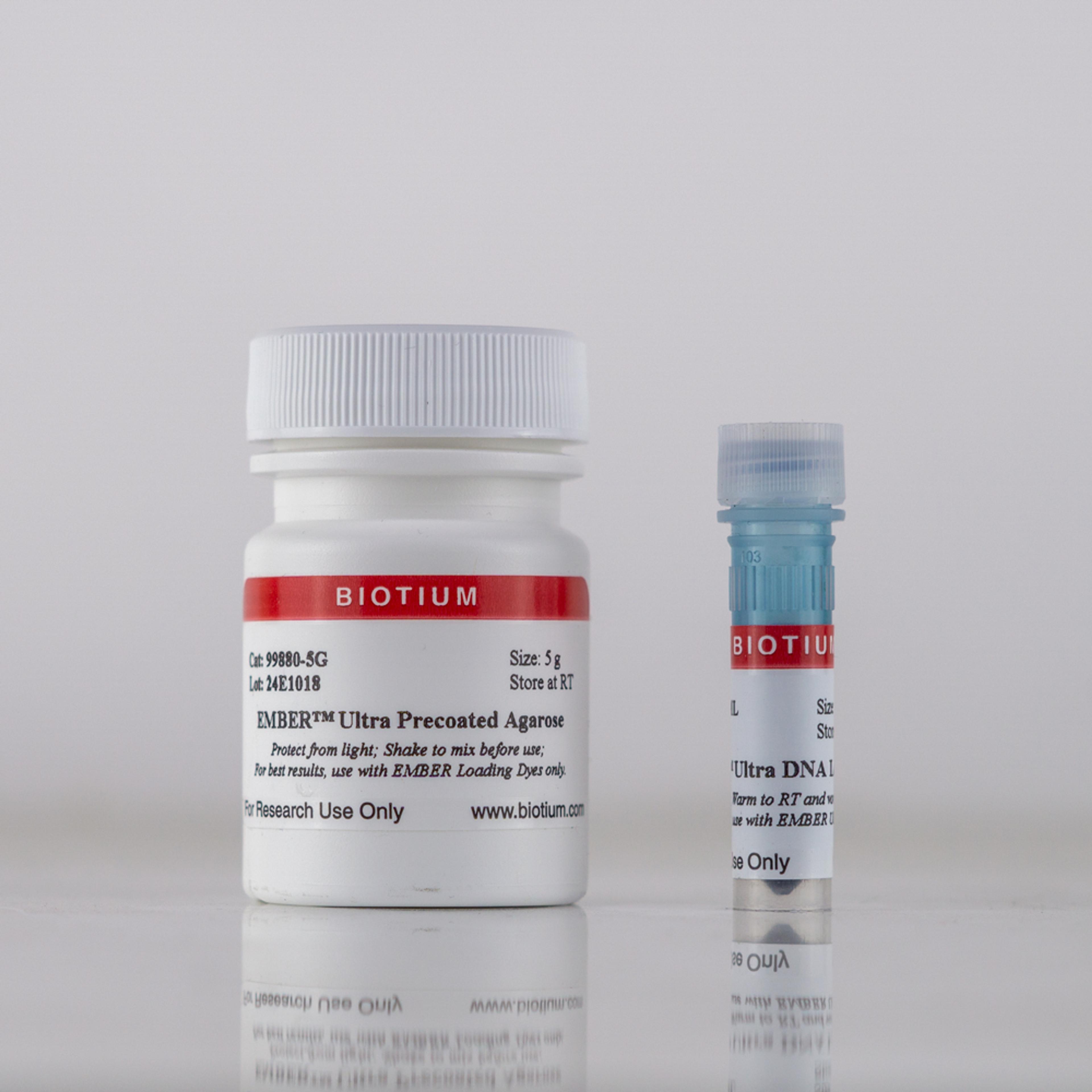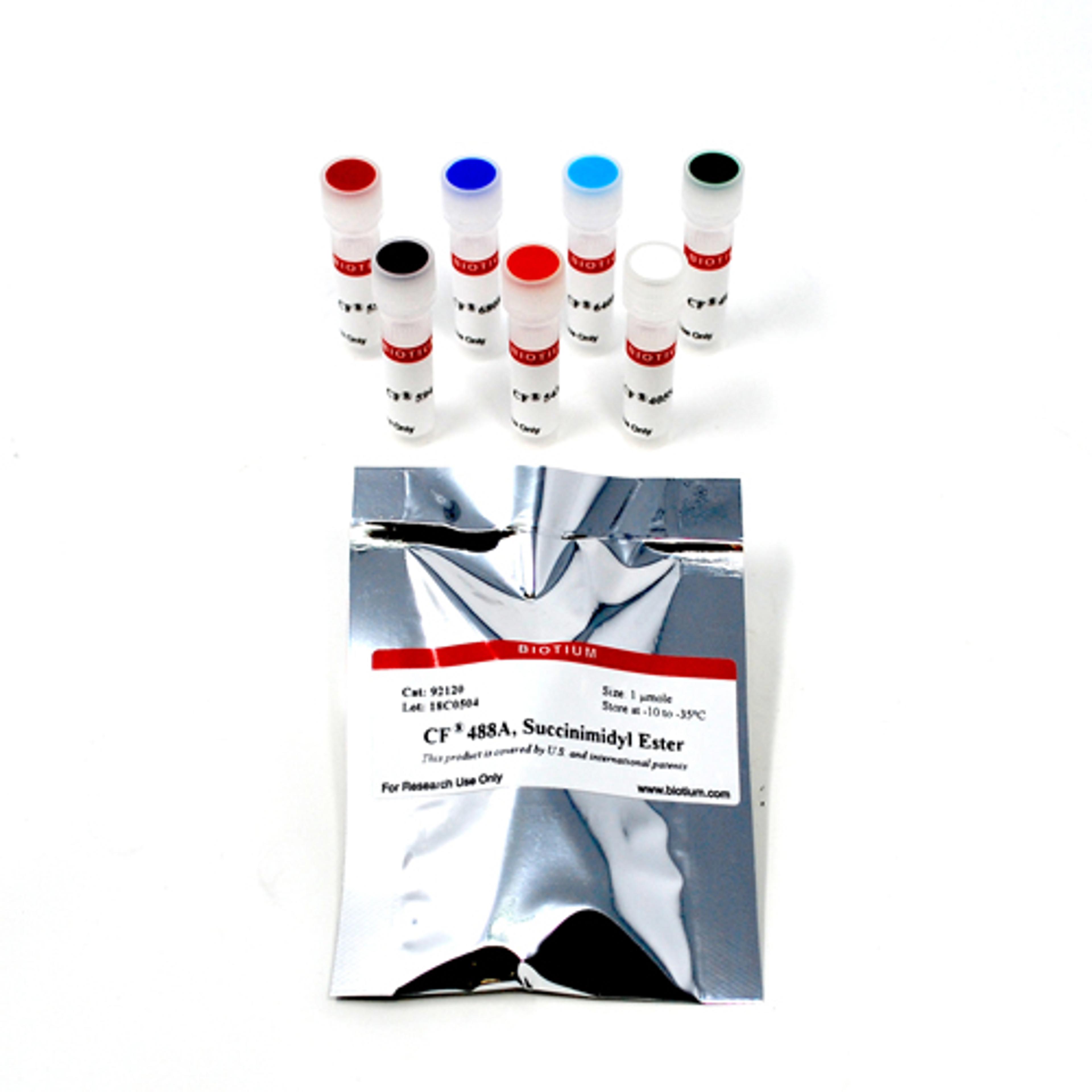Melatonin Sulfate
High Quality Assays with Reproducible and Reliable Results

The supplier does not provide quotations for this product through SelectScience. You can search for similar products in our Product Directory.
Enzyme immunoassay for the in-vitro diagnostic quantitative determination of melatonin sulfate (synonyms: 6-Hydroxymelatonin Sulfate, 6-Sulfatoxymelatonin) in human urine.The pineal gland ("corpus pineale") has been called a neuroendocrine transducer because of its important role in photoperiodism. The major hormone of the pineal gland is N-acetyl-5-methoxy-tryptamine or melatonin which is synthezised from the amino acid tryptophane. Melatonin has its highest levels in plasma during night-time. Its characteristic nocturnal surge appears to encode temporal information such as length of night. Regulation of the melatonin secretion is under neural control. Sympathetic innervation seems to play a major role via its release of noradrenaline. Altered patterns and/or levels of melatonin secretion have been reported to coincide with sleep disorders, “jet lag“, depression, stress, schizophrenia, hypothalamic amenorrhea, pregnancy, anorexia nervosa, some forms of cancer, immunological disorders as well as control of sexual maturation during puberty. Most of the circulating melatonin is metabolized in the liver to 6-hydroxymelatonin and subsequently to 6-sulfatoxymelatonin which is excreted into the urine. The concentration of 6-Hydroxymelatonin Sulfate in urine correlates well with the total level of melatonin in the blood during the collection period.Solid phase enzyme-linked immunosorbent assay (ELISA) based on the competition principle. An unknown amount of antigen present in the sample and a fixed amount of enzyme labelled antigen compete for the binding sites of the antibodies coated onto the wells. After incubation the wells are washed to stop the competition reaction. After the substrate reaction the intensity of the developed color is inversely proportional to the amount of the antigen in the sample. Results of samples can be determined directly using the standard curve.

